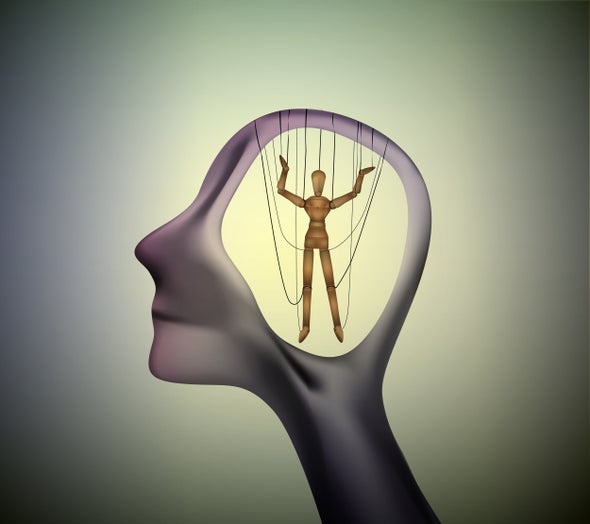I read Free Will by Sam Harris (not by choice) :p.

A day ago, I decided to set up this blog. I thought it might be a nice platform to share the things I'm up to in my life with the world. From a subjective point of view, I felt that I was the one who decided to set this blog up. It was my thought. I was free to choose not to do it. But on this particular occasion, I decided to go ahead and do it instead of not doing it. Everything we care about in life, such as relationships, personal accomplishments, and feelings of guilt and remorse, arises from seeing people as authors of their decisions, capable of making free choices. We have heard of stories where people describe their actions with phrases such as "I don't know what came over me! I just blurted out some insults!".This is okay when the outcome is just utterance of a few harsh words but consider the situation where the outcome is murder or any other act that causes severe physical or mental harm. The neuroscientist and philosopher Sam Harris, whose book inspired me to write this article, gives an interesting example to argue that free will is an illusion. He asks readers to consider five different cases of murder. I list those cases below.
1.The killer is a four-year-old who was playing with his father's gun when he accidentally shot the victim.
2.The killer is a twelve-year-old victim of continuous physical and emotional abuse and intentionally shot the victim because the victim was teasing him.
3.The killer is a 25-year-old victim of continuous physical abuse as a child and intentionally shot his partner because she left him.
4.The killer is a 25-year-old raised by wonderful parents and never abused intentionally shot the victim just for the fun of it.
5.The killer is a 25-year-old raised by wonderful parents and never abused intentionally shot the victim just for the fun of it. An MRI of his brain found a tumor the size of the golf ball in his medial prefrontal cortex.
In cases 1 and 2, the killers are children, and the brains haven't matured completely yet; hence the responsibilities of adults don't apply to them. In case 3, the killer had a history of suffering. In case 4, however, the killer seems to have done it entirely for the fun of it and appears to be a psychopath. Case 5 is similar to case 4, but the brain tumor removes all responsibility for the murder from the killer.
The argument is that there is not much difference between cases 4 and 5. Both the killers are, in a way, victims of their own biology. They weren't in any way responsible for their genes, bad parents, bad environments, or bad ideas that they came in contact. So it all comes down to luck.
There have been scientific experiments that prove that any "decision" we think we make was already made a few milliseconds or seconds before we became consciously aware of it. So if there were a perfect neuroimaging machine, it would be able to predict in detail each of the decisions you would make even before you became aware you made a decision.
For more on the subject, read the book "Free Will" by Sam Harris. Sam also has given a talk on the same subject, which I have linked here.